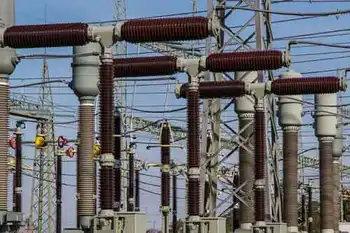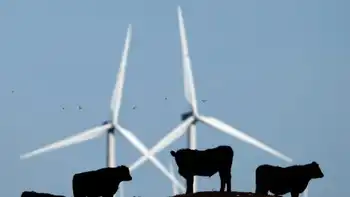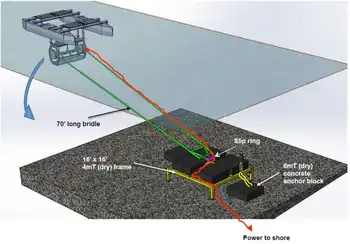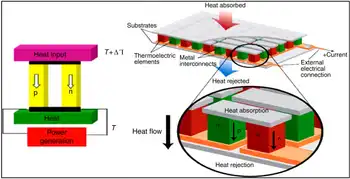Canada's looming power problem is massive but not insurmountable: report

OTTAWA -
Canada must build more electricity generation in the next 25 years than it has over the last century in order to support a net-zero emissions economy by 2050, says a new report from the Public Policy Forum.
Reducing our reliance on fossil fuels and shifting to emissions-free electricity to propel our cars, heat our homes and run our factories will require doubling — possibly tripling — the amount of power we make now, the federal government estimates.
"Imagine every dam, turbine, nuclear plant and solar panel across Canada and then picture a couple more next to them," said the report, which will be published Wednesday.
It's going to cost a lot. Most estimates are in the trillions.
It's also going to require the kind of cross-jurisdictional co-operation, Indigenous consultation and swift decision-making and construction that Canada just isn't very good at, the report said.
"We have a date with destiny," said Edward Greenspon, president of the Public Policy Forum. "We need to build, build, build. We're way behind where we need to be and we don't have a lot of a lot of time remaining."
Later this summer, Environment Minister Steven Guilbeault will publish new regulations to require that all power be generated from non-emitting sources by 2035.
Greenspon said that means there are two major challenges ahead: massively expanding how much power we make and making all of it clean.
On average, it takes more than four years just to get a new electricity generating project approved by Ottawa, and more than three years for new transmission lines.
That's before a single shovel touches any dirt.
uilding these facilities is another thing. The Site C dam in British Columbia won't come on line until 2025 and has been under construction since 2015. A new transmission line from northern Manitoba to the south took more than 11 years from the first proposal to operation.
"We need to move very quickly, and probably with a different approach ... no hurdles, no timeouts," Greenspon said.
There are significant unanswered questions about the new power mix, and the pace at which Canada moves away from fossil fuel power is one of the biggest political issues facing the country.
Related News

Recommendations from BC Hydro review to keep electricity affordable
VANCOUVER - The Province and BC Hydro have released recommendations from Phase 2 of the BC Hydro Review to keep rates affordable and encourage greater use of clean, renewable electricity to reduce emissions and achieve climate targets.
“Keeping life affordable for people is a key priority of our government,” said Bruce Ralston, Minister of Energy, Mines and Low Carbon Innovation. “Affordable electricity rates not only help British Columbians, they help ensure the price of electricity remains competitive with other forms of energy, supporting the transition away from fossil fuels to clean electricity in our homes and buildings, vehicles and businesses.”
While affordable…





